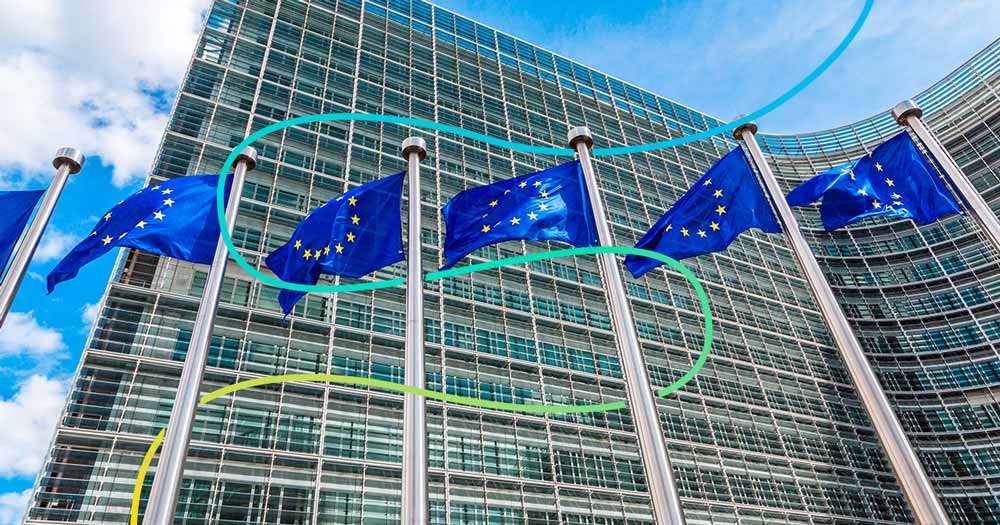CSR, ESG - and now CSRD. Sustainability has become part of the agenda for companies located in European Union member states. With the new EU Directive on Sustainability Reporting, many organizations face legislation that will fundamentally impact their sustainability work.
The directive will affect the entire organizational value chain for upstream and downstream activities, which is why it is essential to get the job done correctly.
We will examine the directive and explain its purpose and the EU's ambitions. At the same time, we will look into which companies will have to ensure compliance with CSRD and what they will need to report upon.
What is the CSRD?
CSRD stands for Corporate Sustainability Reporting Directive and is a new EU directive that changes and tightens companies' sustainability reporting requirements.
The new EU measure aims to harmonize reporting and increase transparency in the area of sustainability so that investors, suppliers, and customers can more easily decode an organization's sustainability performance. At the same time, the CSRD will mitigate some of the shortcomings of the NFRD that were previously in place.
The ambition of the CSRD is that sustainability reporting will eventually be of the same quality as financial reporting.
Who is Covered by CSRD?
Originally, CSRD was set to cover approximately 49,000 companies in the EU, which is significantly more than its predecessor, the NFRD, which covered around 11,700 companies. This expansion is due to the new requirements applying to large and publicly listed companies as well as small and medium-sized enterprises in Denmark.
Even smaller companies can be affected, for example, if they supply larger companies that are required to report under CSRD. For smaller companies, there are voluntary standards such as VSME, which provide a structured method for reporting on ESG initiatives and help navigate sustainability requirements, even if they are not directly subject to CSRD.
Since the introduction of CSRD, many companies have faced challenges in meeting the sustainability requirements. Therefore, on 26 February 2025, the European Commission presented an omnibus package, which, among other things, proposes to limit the number of companies required to report under CSRD. Going forward, the requirements will only apply to companies with more than 1,000 employees that also meet at least one of the following criteria: a turnover of more than €50 million or a balance sheet total exceeding €25 million.
When Does the CSRD Enter Into Force?
With the Omnibus proposal, the implementation of CSRD has been partially postponed for several types of companies. This change is often referred to as “Stop the clock” and means that the reporting obligation for certain companies is deferred until the 2027 financial year. The purpose of this adjustment is to reduce administrative burdens and give companies more time to prepare for the new sustainability reporting requirements.
What to Report on?
As a starting point, the requirements of the CSRD will focus on three main areas - namely:
-
Environmental factors - including climate change adaptation and mitigation, resource use, circular economy, pollution, biodiversity, etc.
-
Social factors - including equal opportunities and rights, good working conditions, human rights, etc.
-
Governance - including management and supervisory bodies, business ethics, corporate culture, political commitment, internal controls, risk management systems, etc.
For each of the above areas, companies must make a wide range of information available to all stakeholders. This includes information on the business model, strategy, sustainability policies, negative impacts on sustainability, and the role of management in sustainability.
The CSRD will also be closely linked to other EU-related initiatives - including the Disclosure Regulation and the Taxonomy Regulation, as well as the forthcoming Due Diligence Directive CSDDD.



